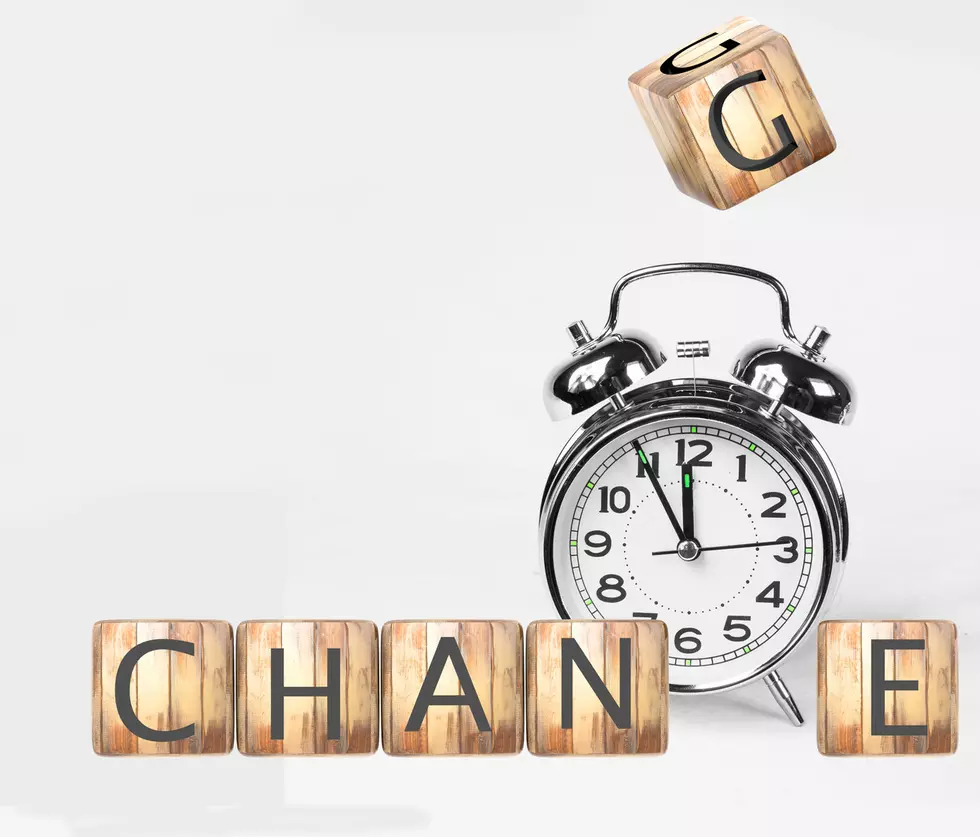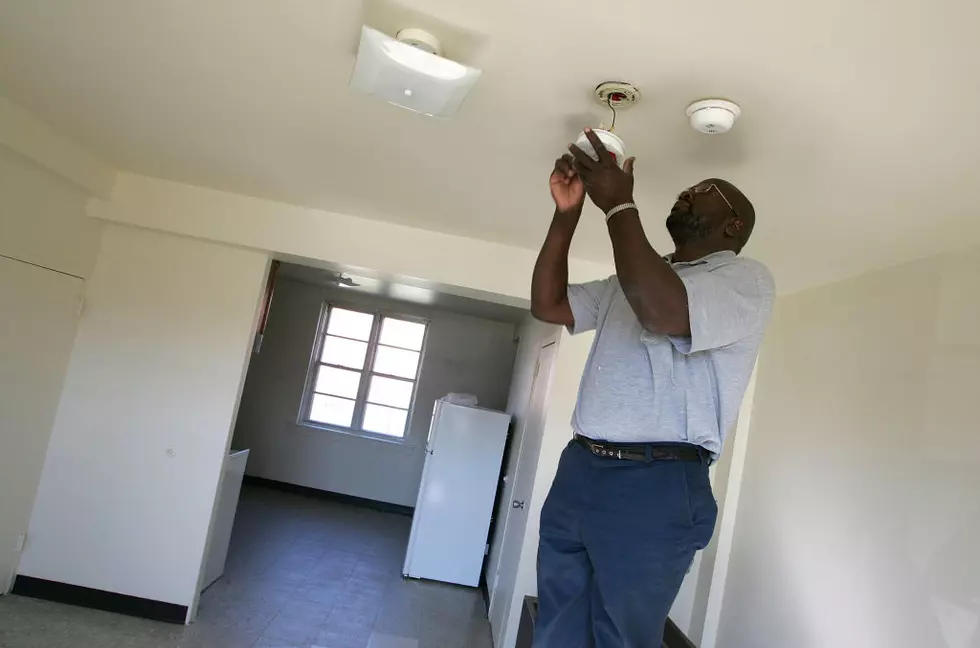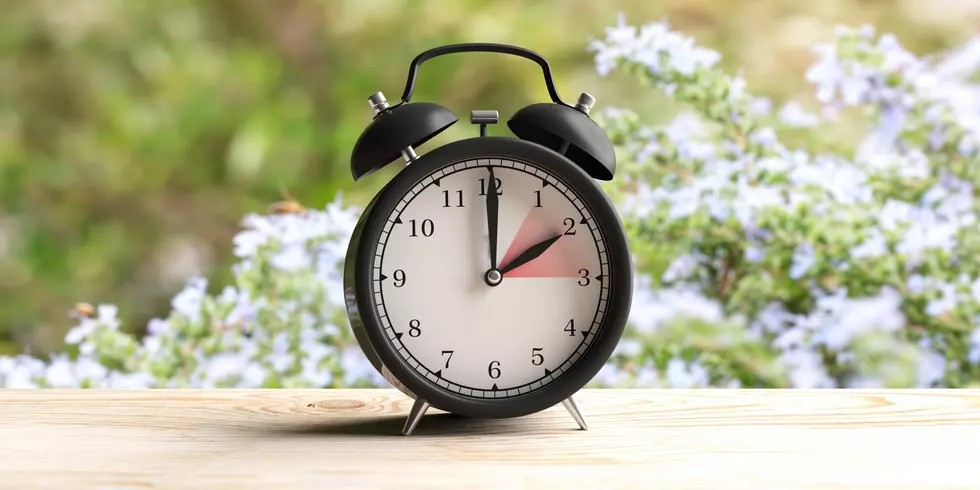
Saturday Night: Halloween, a Full Moon & a Time Change
This Saturday night is going to be a busy one! It will be Halloween, there will be a full moon. and we "Fall Back" and move the clocks back one hour.
Halloween falls on a Saturday this year. Typically that would be a great thing because kids don't have to go to school the day after trick or treating. It also means Halloween parties could actually be held on Halloween, instead of the weekend before or after. This year everything is just going to be a little different with the precautions in place to keep everyone safe and healthy from the coronavirus. The Center for Disease Control (CDC) and the Michigan Department of Health and Human Services (MDHHS) have issued guidelines for families to trick or treat safely. Social distancing is also recommended at any gatherings.
There will also be a full moon on Saturday. This will be the first full moon to fall on Halloween since 2001. We won’t see another one until 2039. It will be called a "blue moon" because it will be the second full moon of the month (it also was full on October 1st). The first full moon of the month was called a “harvest moon,” meaning the full moon nearest the autumnal equinox that ushers in fall. The Halloween full moon won’t just be a "blue moon", it also will be a “hunter’s moon,” which is defined as the first full moon after a harvest moon.
After your Halloween festivities, it will also be time to change the clocks and "Fall Back". (Like anyone needs an extra hour of 2020!) Officially on Sunday, November 1st, 2020, at 2:00 am we turn the clock back one hour — back to 1:00 am — as we return to standard time instead of Daylight Saving Time. (And yes, the correct spelling is “Saving” not “Savings”. There should be no “S” on the end!) Most areas of the United States observe daylight saving time, the exceptions being Arizona (except for the Navajo, who do observe daylight saving time on tribal lands), Hawaii, and the overseas territories of American Samoa, Guam, the Northern Mariana Islands, Puerto Rico and the United States Virgin Islands.
Not a fan of the time change? Experts say that it can actually hurt your health over the next few months. Here’s what can happen to you, thanks to the time change:
Your sleep suffers — It can take up to a week for your body to adapt to the time change. That means a possible lack of sleep. If your body is used to waking up at 7 every morning — it is likely you will wake up at 6. That means you will lose and hour of sleep because you stayed awake an hour later.
You will have a hard time focusing — For the first week after the time change you can expect to have trouble focusing and staying sharp at work. Sleep deprivation can make us feel fuzzy.
Seasonal depression can get worse — Fewer hours of daylight is a trigger for many people who suffer from seasonal affective disorder (SAD).
You go into hibernation mode — Instead of going to the gym or other activities after work, people go home because it’s dark out. Getting out of your routine is bad for your mood and your health.
If you want to start counting down to the next time change, we officially "Spring Forward" one hour again at 2 am on Sunday, March 14th, 2021.
While changing your clocks, it is a good time to check the batteries in your smoke detectors (and carbon monoxide detectors). Even most of your “hard wired” detectors have a battery backup -- so remember to check those batteries so those devices are ready to go if they ever need to be used.
SWEET: Here are the most popular Halloween candies
More From 100.5 FM The River







![Michigan Man Has Perfect Solution for Socially Distanced Halloween [VIDEO]](http://townsquare.media/site/43/files/2020/09/Screen-Shot-2020-09-27-at-11.56.10-AM.jpg?w=980&q=75)

